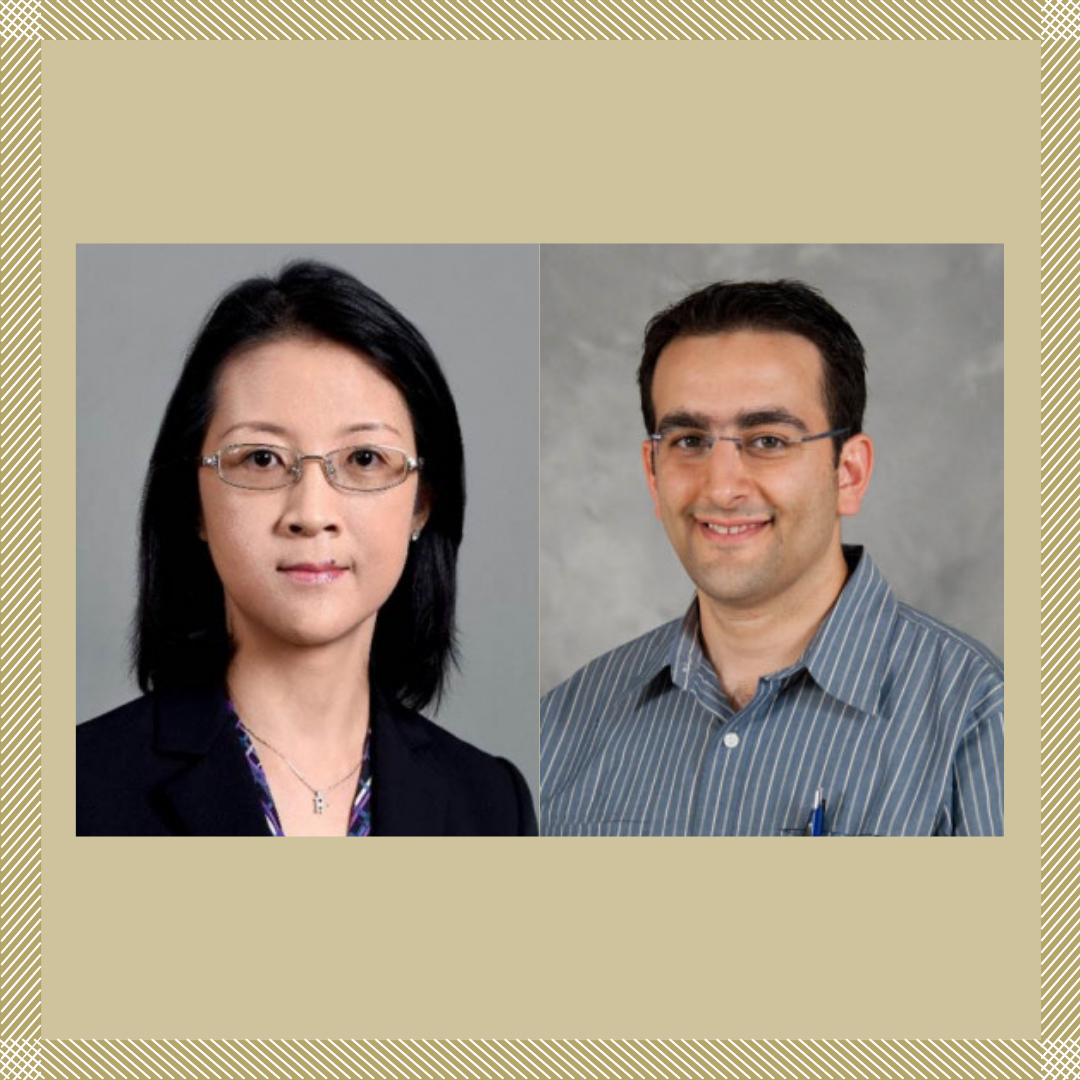Georgia Tech’s H. Milton School of Industrial Systems and Engineering announced two new appointments to the Virginia C. and Joseph C. Mello Chair. Professor Jing Li and Associate Professor Turgay Ayer both earned the designation earlier this year, which recognizes faculty leaders in the field of health care delivery operations.
Li, also core faculty in the Center for Machine Learning at Georgia Tech, currently focuses on the developments of machine learning algorithms for precision medicine specifically with regards to the brain. She leverages collaborations with radiologists and neurologists to investigate brain diseases like cancer, Alzheimer’s, and post-traumatic headache after brain injury.
Today, technology advances have produced more data than ever before, imaging, genomics, mobile health data, etc., which allow researchers to develop more personalized algorithms for diagnosis and prognosis.
“What disease do they have? How severe is it? How will the disease change in the future? Are they on the track of recovery, or are they going to get worse,” Li said.
Using the available datasets from imaging, genomics, clinical records, and mobile apps & wearables, they are building personalized models for diagnosis and treatment in each of these areas that can lead to early detection and more effective outcomes.
Ayer, who also holds an appointment from Emory Medical School and serves as a senior advisor to CDC, focuses on health care analytics and socially responsible business analytics with an emphasis on practice-focused research. In recent work, he has attempted to build up more robust and effective virtual trials for medical screening, diagnosis and treatment using large-scale mathematical models.
If you look at the gold standard in medicine and clinical science – randomized control trials – it generally utilizes A/B testing strategies. But what if there are thousands of strategies to compare, not just Strategy A and Strategy B?
“In a recent study, we looked at multi-modality cancer screening strategies for cancer detection in gene mutation carriers,” Ayer said. “You ask questions like: Should you use ultrasound screening or MRI screening? How about mammography screening? Or maybe mammography plus ultrasound screening? At what age should you start – 25 to 30? Or 35?
“At what age should you transfer from a less intensive screening to another? Is that cost effective? And what if we are solving this problem for the United States versus sub-Saharan Africa where resources are more limited? There are millions and billions of scenarios, and you can’t design a randomized control trial that would effectively compare those.”
Ayer’s work has spanned long-term chronic disease, both communicable and non-communicable – diseases like COVID-19 for the former and different cancers for the latter.
Both Li and Ayer said the chair appointment would assist in their work.
“It’s a great honor and recognition,” Li said. “I think going forward this will help me to pursue bigger efforts and initiatives, engaging people with a variety of expertise. This research needs collaboration across different descriptions. ”
“It helps to bring more visibility to the work,” Ayer echoed. “This will also help us scale up the resources that we have within our communities and reach out to more collaborators.”
